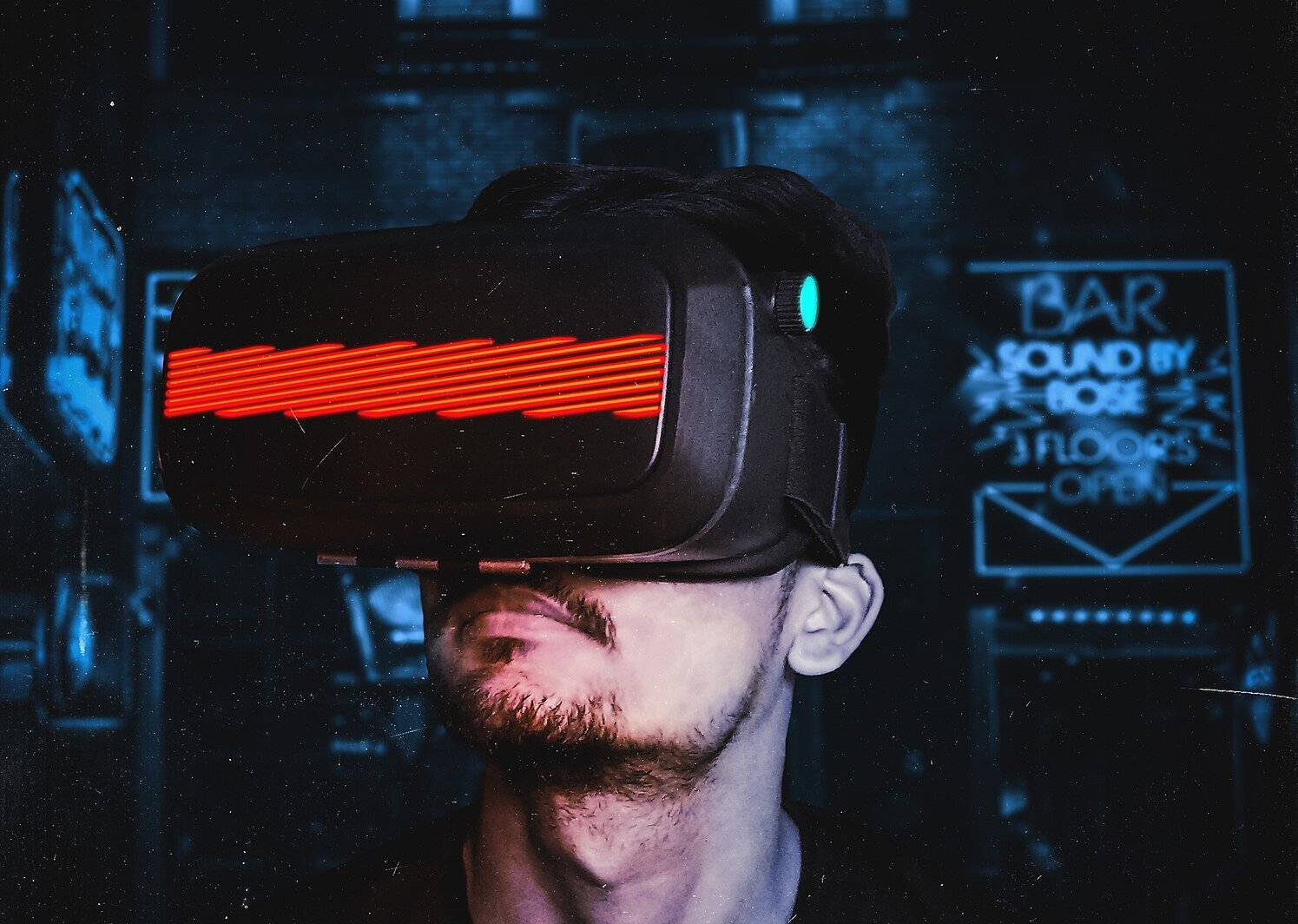
Pradipta Biswas' work is recognised by a UN body as he publishes paper on VR's role in monitoring office efficiency
A Gates Cambridge Scholar has been elected as a Vice Chairman of an International Telecommunications Union study group.
Pradipta Biswas [2006] has been elected Vice Chairman of the ITU Study Group 9. The ITU is the specialised agency for telecommunication at the United Nations. The study groups carry out standardisation work aimed at improving telecommunications. Study group leaders are elected by member states. Pradipta was nominated by India and elected in Geneva last week.
Pradipta is also lead editor of a new draft recommendation on common user profile for audio visual media which aims to personalise user interfaces for people with a different range of abilities. This will collect information from users and store it in a device and app. For instance, it might store the appropriate font size for someone with visual impairment so it can automatically be calculated for any device. The work is based on his doctoral research in Computer Science at Cambridge University.
Recently Pradipta, Assistant Professor at the Centre for Product Design and Manufacturing the Indian Institute of Science, also co-authored a white paper on how to improve the safety and efficiency of office buildings – a key issue during the pandemic.
The paper, A Virtual Reality-Based Digital Twin of workspaces, was published in January in collaboration with British Telecom. It is based on an initiative to develop an interactive and immersive digital twin of BT’s office premises in Bangalore for real time monitoring of the building and to help visitors to navigate it.
It uses state of the art virtual and augmented reality systems and follows a user-centred design process to develop multimodal interaction with an Augmented Reality or Virtual Reality system.
The team from the Indian Institute of Science had earlier worked on similar technology for developing a mixed reality digital twin of a smart manufacturing set-up and is also involved with developing Virtual Reality cockpits with the Indian Aerospace sector. The BT team has previously developed and deployed a VR-based digital system for its offices in Ipswich with promising results.
The new project investigated how this can be extended to various BT offices both in India and the UK. It involved modelling a digital twin of an existing office space and using it to create a dataset of individuals in different postures, dress and locations and to visualise both environmental factors and human behaviour. Combining this with computer vision technology which automatically detects human beings in the field of view of a camera it can measure the social distance between individuals to enhance workplace safety.
Part of the paper has already been published and presented in journals and conferences. The team is now deploying its findings in multiple BT sites both in India and the UK. The research is also contributing to the recent India-UK agreement on 5G technology.
*Picture credit: Wikimedia commons and MTNaguib.












